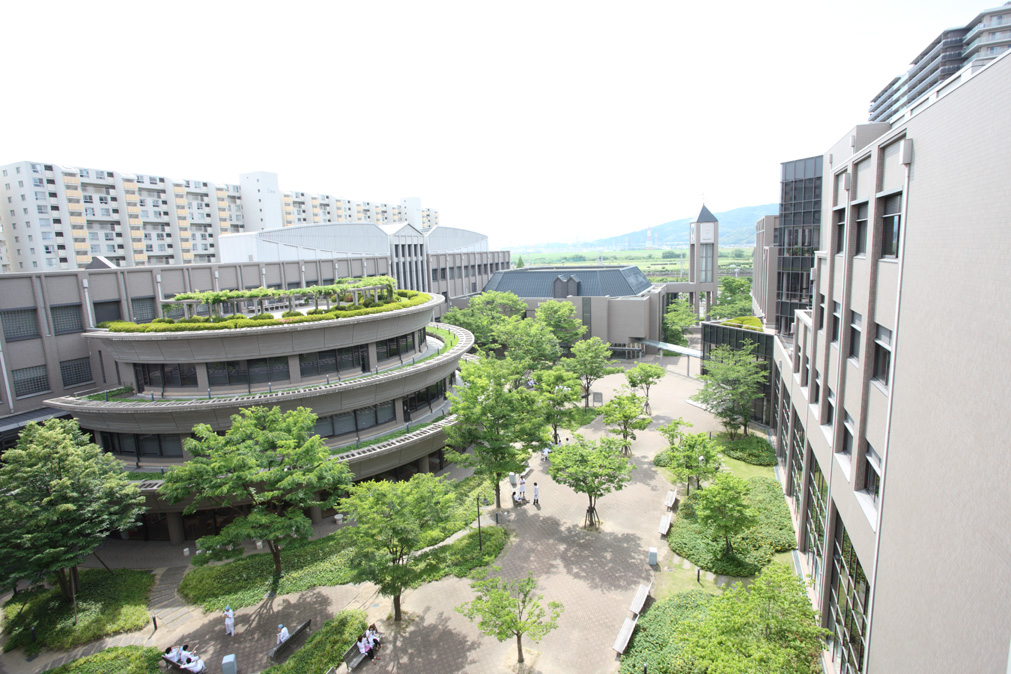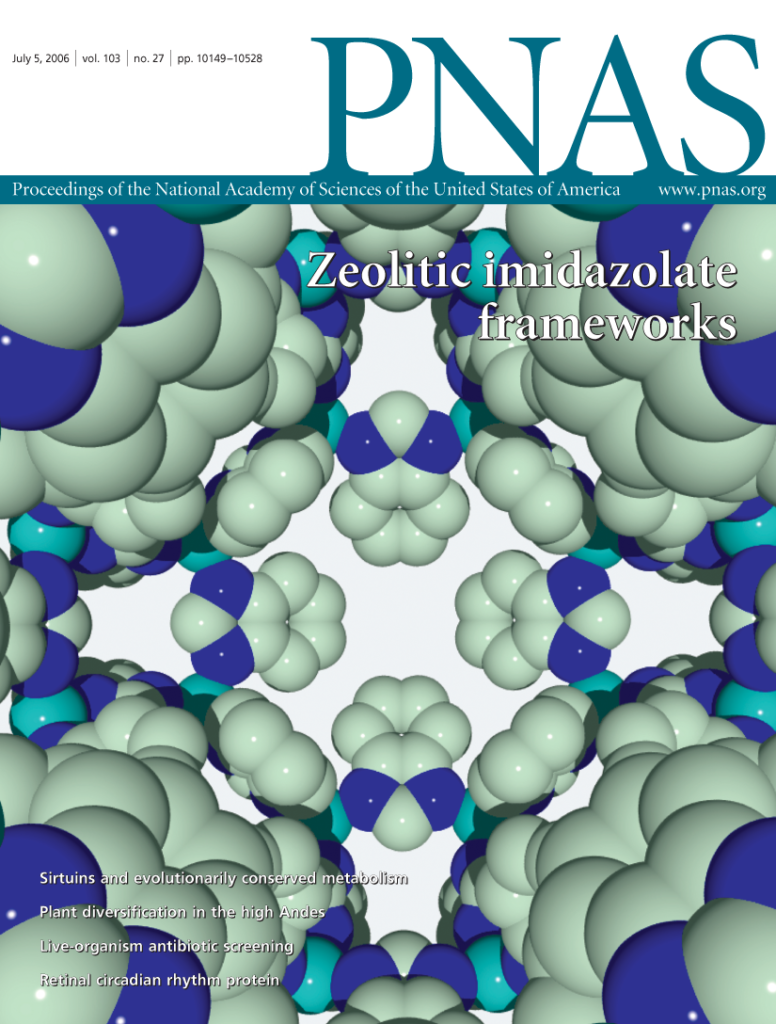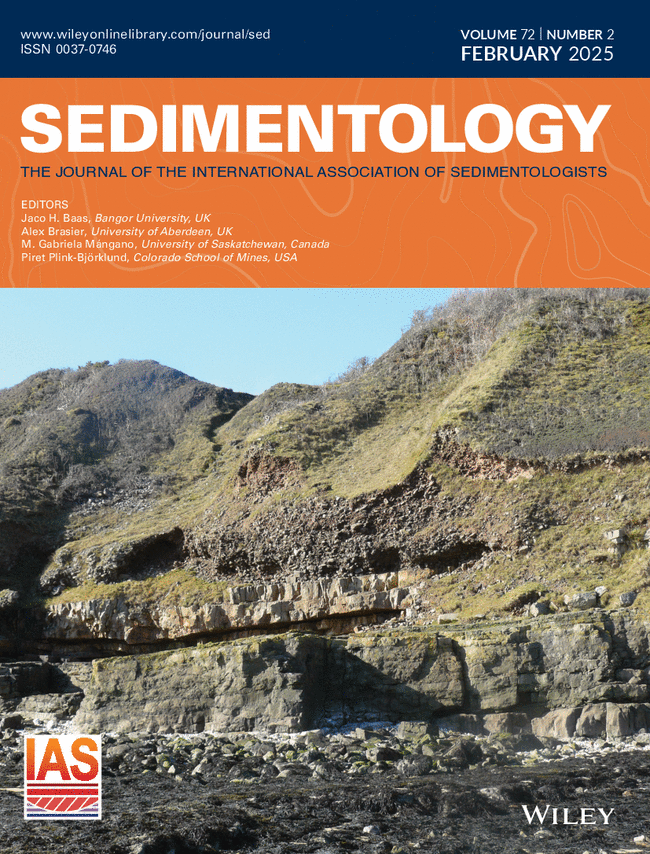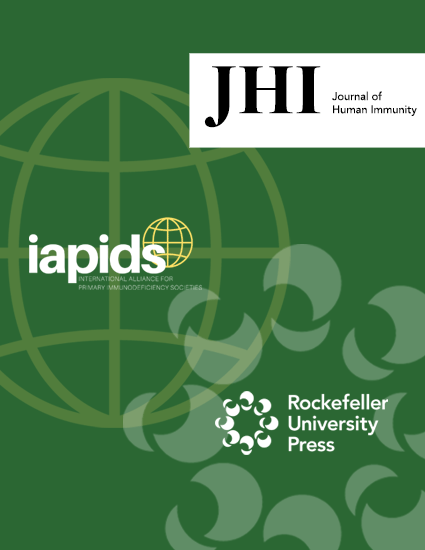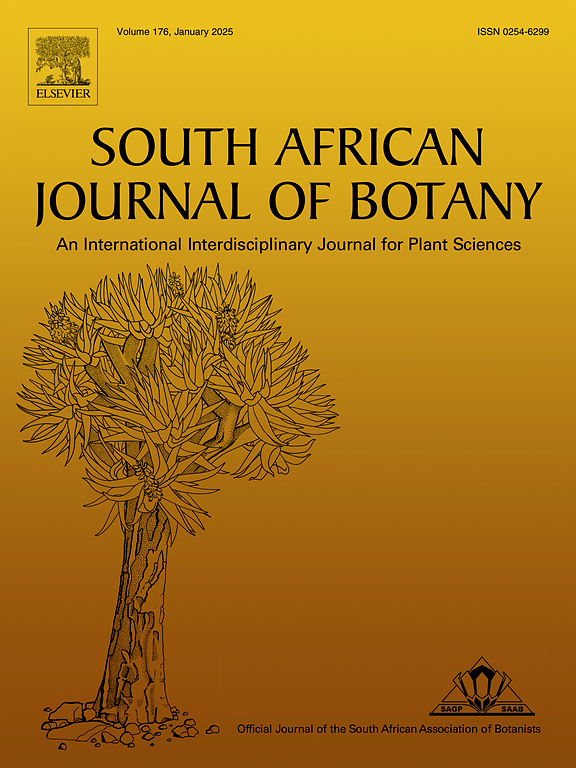On March 7, a Sage journal published an expression of concern for an article on cases of myocarditis in people who had received a COVID-19 vaccine.
“The Editor and the publisher were alerted to potential issues with the research methodology and conclusions and author conflicts of interest” and had undertaken an investigation of the article, the notice stated. According to one of the authors, the investigation involved two new peer reviews of the paper.
We’ve reported on many cases of authors disagreeing with retractions other publishers issued after conducting post-publication review processes. The papers often involve hot-button issues – pesticide poisoning, the effect of vaping on smoking rates, an estimation of deaths from the use of hydroxychloroquine early in the COVID-19 pandemic, and President Trump’s role in spreading vaccine misinformation on Twitter before the company suspended his account.
Continue reading COVID-19 vaccine myocarditis paper raises questions about what earns post-publication peer review
